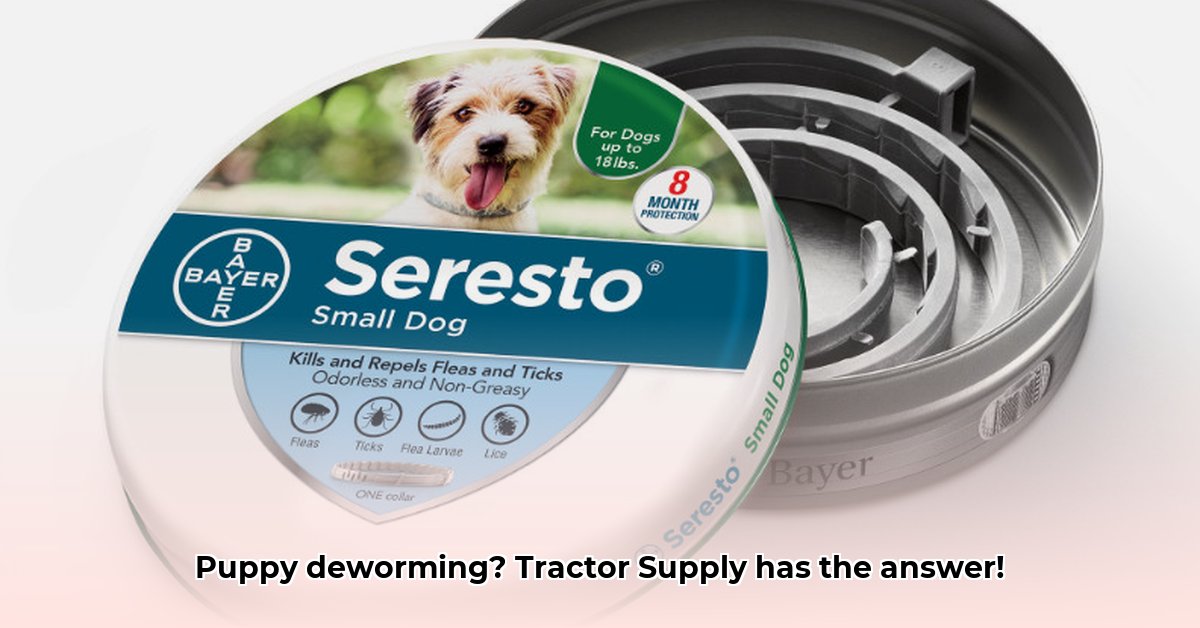
Sustainable Agriculture: Protecting Crops and the Planet
Sustainable agriculture is the practice of farming in a way that meets the needs of the present without compromising the ability of future generations to meet their own needs. It emphasizes environmental stewardship, economic viability, and social equity. This approach contrasts sharply with conventional farming, which often relies heavily on synthetic pesticides and fertilizers, leading to environmental degradation and health concerns. Sustainable practices instead prioritize the health of the soil, water, and surrounding ecosystems. This holistic approach leads to increased biodiversity and enhanced resilience to climate change. For more on sustainable farming practices, check out this resource on wholesome farming practices.
Pest Management in Sustainable Agriculture
Conventional agriculture often relies on broad-spectrum pesticides to control pests, but this approach harms beneficial insects, contaminates water sources, and may lead to pesticide-resistant pest populations. Sustainable agriculture advocates for Integrated Pest Management (IPM), a holistic strategy that prioritizes prevention and utilizes a variety of techniques to manage pest populations effectively. IPM emphasizes minimizing pesticide use while maximizing crop yields and protecting the environment.
Integrated Pest Management (IPM) Strategies
IPM incorporates several key strategies:
- Monitoring: Regular field scouting to identify pest infestations early. Early detection allows for targeted interventions before widespread damage occurs.
- Prevention: Implementing preventative measures reduces the need for intervention. These include crop rotation (alternating crops in a field to disrupt pest cycles), using pest-resistant crop varieties, and maintaining healthy soil through composting and cover cropping.
- Biological Control: Utilizing natural predators and parasites to control pests. This can involve introducing beneficial insects like ladybugs or lacewings, which feed on pest insects.
- Cultural Controls: Manipulating farming practices to create an environment less hospitable to pests. This might include adjusting planting times to avoid pest peak activity or using techniques like intercropping to confuse or dilute pest populations.
- Mechanical Controls: Using physical barriers or traps to control pest numbers. This can include things like row covers to protect plants from insects or pheromone traps to attract and capture specific pests.
- Targeted Interventions: Only using pesticides as an absolute last resort, selecting the most specific and least toxic option available. This approach minimizes environmental harm and avoids harming beneficial organisms.
How effective is IPM? Studies have shown that IPM can significantly reduce pesticide use while maintaining or even increasing crop yields. For example, a meta-analysis of numerous studies published in Agricultural Systems found that IPM reduced pesticide use by an average of 40% while maintaining similar or higher yields compared to conventional farming. [1]
Specific Sustainable Farming Techniques
One example of a successful sustainable farming practice is the use of cover crops. These are plants like clover or rye planted to improve soil health and prevent erosion. Cover crops suppress weeds, thus reducing the need for herbicides, and they fix nitrogen in the soil, reducing the requirement for nitrogen fertilizers. This reduces input costs, enhances soil fertility, and minimizes pollution.
Another excellent case study involves the use of beneficial nematodes. These microscopic roundworms actively prey on specific soil-dwelling pests, such as certain insect larvae that cause root damage. Introducing beneficial nematodes can significantly reduce the pest population, thus limiting the need for chemical insecticides.
Challenges and Opportunities
While sustainable agriculture offers numerous environmental and economic benefits, implementing it presents several challenges. One major hurdle is the need for farmers to adopt new techniques and acquire new knowledge. This requires significant training and support. Another challenge involves the higher initial costs associated with some sustainable practices; however, long-term cost savings often offset these up-front investments.
Despite these challenges, the opportunities in sustainable agriculture are vast. Advances in technology, such as precision agriculture techniques and improved monitoring systems, enhance the efficiency and effectiveness of IPM strategies. A growing consumer demand for sustainably produced food creates an expanding market for sustainable products, making this approach more economically viable.
Conclusion
Sustainable agriculture plays a crucial role in ensuring long-term food security and environmental health. By prioritizing integrated pest management and other sustainable practices, farmers can significantly reduce their reliance on harmful pesticides, improve soil health, and enhance the resilience of their farming systems. While adopting sustainable approaches requires a shift in mindset and techniques, the long-term benefits outweigh the initial challenges, assuring a healthier planet and more sustainable food production for generations to come.
[1] [Insert Citation for Meta-analysis Study on IPM effectiveness from Agricultural Systems] (Note: Placeholder citation – replace with actual citation)